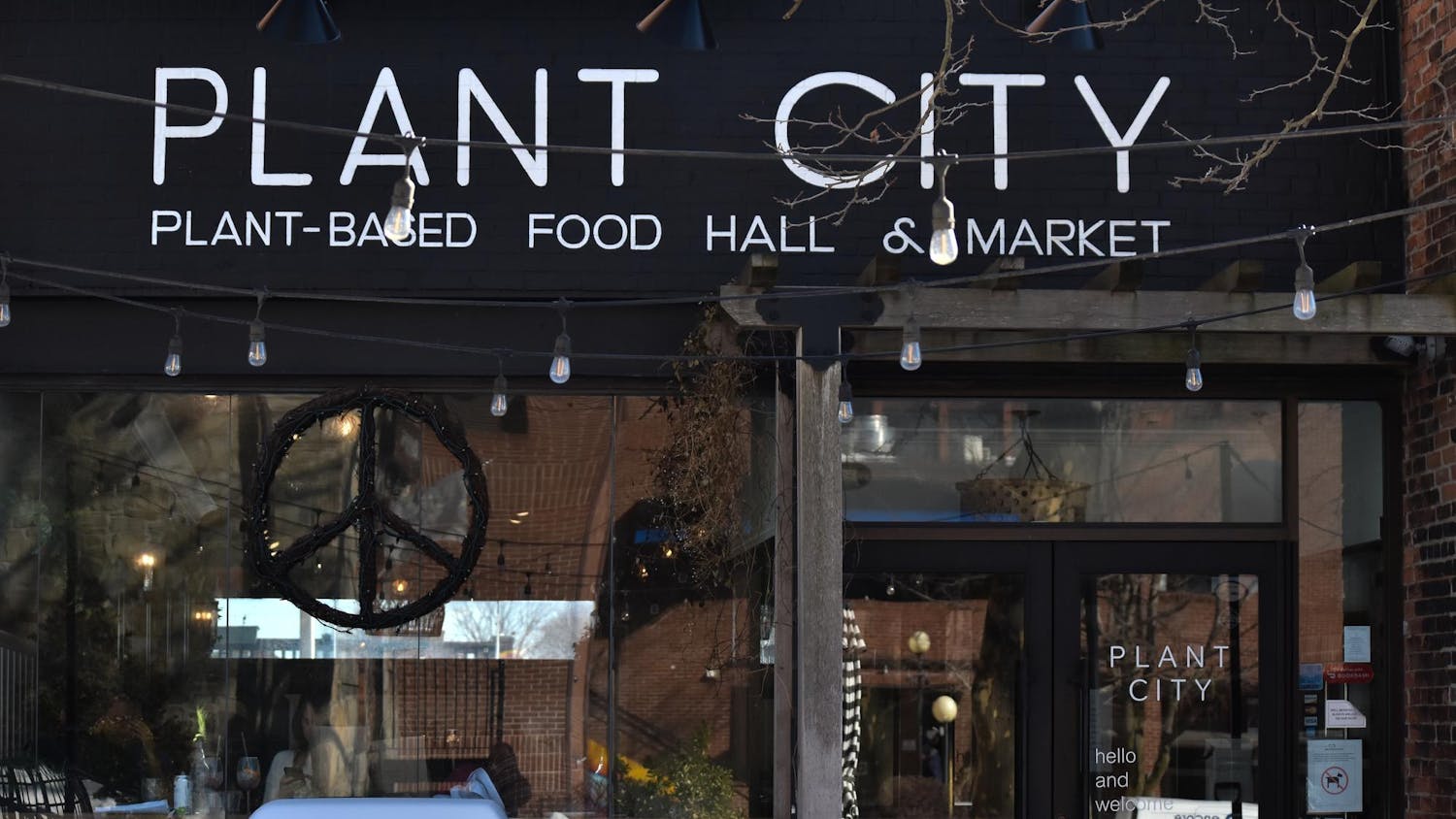In response to increased reports of gun violence over the summer, Providence Mayor Angel Taveras announced that his administration will encourage the Providence Police Department to weigh in on parole decisions for inmates in Rhode Island. Though the police have always been able to object to an inmate's parole, the new policy formalizes that power and establishes an official procedure.
If the police believe an inmate who is up for parole "was involved in narcotics distribution or gang warfare on the street while in prison," for example, they can write a letter to the parole board with information pertinent to the parole decision, said Public Safety Commissioner Steven Pare. He added that the new guidelines do not represent a failure of the Parole Board and that none of this summer's incidents have been traced to parolees.
Though the rate of violent crime as a whole did not increase over the summer, public outcry over a number of well-publicized shootings - including the city's first triple homicide in several decades - prompted the mayor to renew his efforts to prevent gun violence, Pare said. The new initiative might make it harder for some inmates to leave prison through parole, but Pare said it is "not an attempt to block all inmates."
"We believe in parole ... and programs like Open Doors that provide inmates a place to get jobs," Pare said. But if an inmate's release "is going to exacerbate the problem on the streets ... the parole board should consider that information," he added.
The policy also represents an attempt to combat the high rates of recidivism that plague Rhode Island and much of the country. Within one year of release from incarceration in a Rhode Island Department of Corrections prison, 28 percent of former inmates were convicted of a new crime - around 10 percent below the national average. In Rhode Island, an additional 34 percent of inmates released in 2009 returned to jail as "awaiting trial detainees", individuals who have been arrested but have not yet faced trial. Pare said the mayor aims to preempt crimes committed by or against recently released inmates by identifying and detaining individuals at risk of returning to crime.
Steven Brown, executive director of the Rhode Island affiliate of the American Civil Liberties Union, said he supports the new program in theory but is wary about its implementation. "Will there be an incentive, a knee-jerk incentive to object to more paroles than might be appropriate?"
Rhode Island already has strict guidelines for its parole board, Brown said. "The statistics I've seen show the Rhode Island Parole Board was one of the strictest in the country in terms of individuals let out on parole," he said. "One thing to keep in mind when one considers the ramifications of actions like this: Is the parole board being too cautious?"
In 2012, 11 percent of total inmates released received parole, while 86 percent of releases were mandatory because the individual had reached the end of his or her maximum sentence.
Chairman of the Rhode Island Parole Board Kenneth Walker said a letter from the police opposing an inmate's parole does not guarantee he or she will not be released. "No one can tell the parole board who to parole or who not to parole," Walker said. "We receive recommendations from the Attorney General's office all the time, but we don't adhere to it," he added. "We listen to it."
The problems of recidivism and high incarceration in general "cannot be solved by addressing one small aspect of larger issues," Brown said. "The entire criminal justice system needs a lot of reform."
The new parole guidelines are one of a slew of the mayor's initiatives to lower crime rates, including putting tougher gun laws back before the City Council in January, Pare said. The mayor said he wants Providence to resemble New York, where the residents know "if you carry a gun, you'll face severe consequences," he added.
Taveras is also promoting the development of neighborhood crime watch groups that can work with the police to lower crime rates, the Providence Journal reported.
The Providence Police have fielded over 900 reports of violent crime through September of this year - including 15 gun-related homicides, 113 rapes and more than 300 robberies.
ADVERTISEMENT




